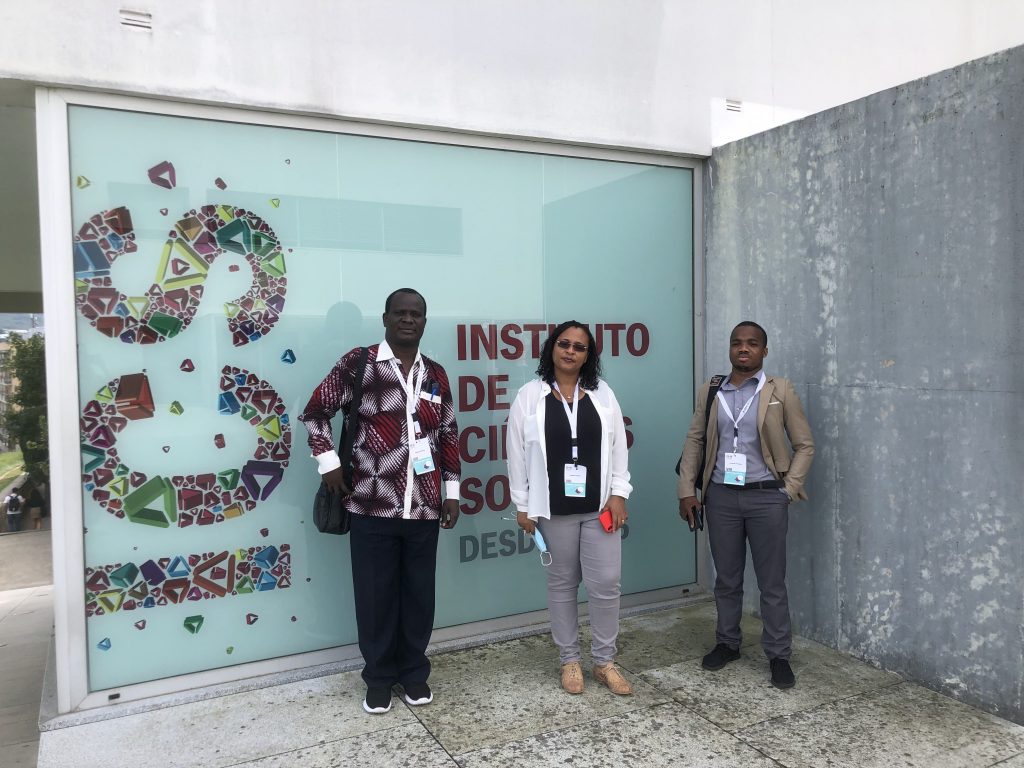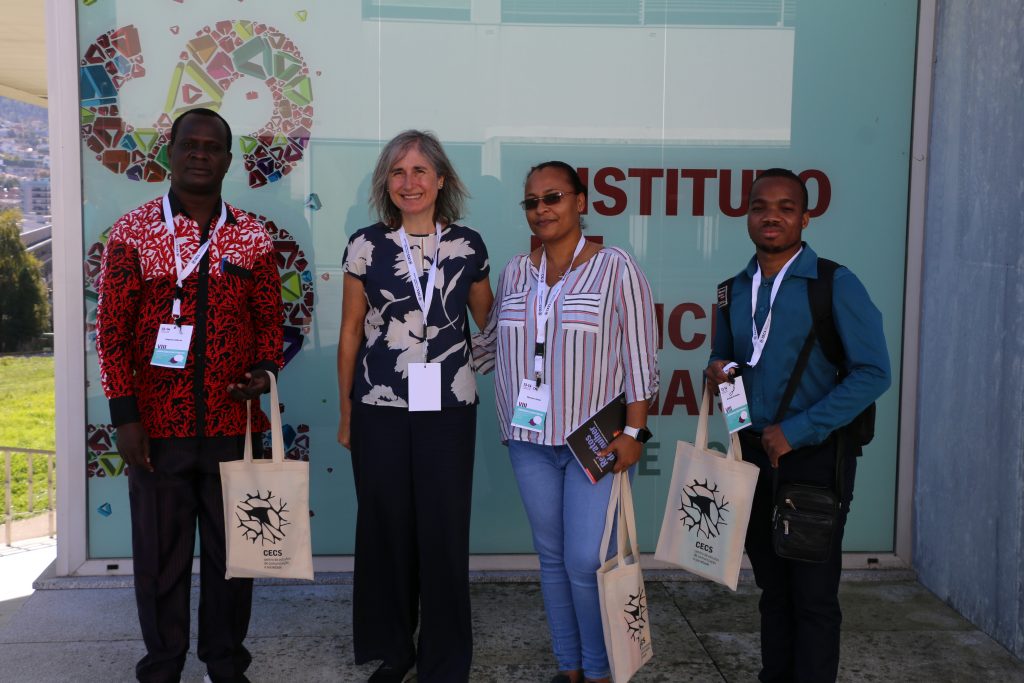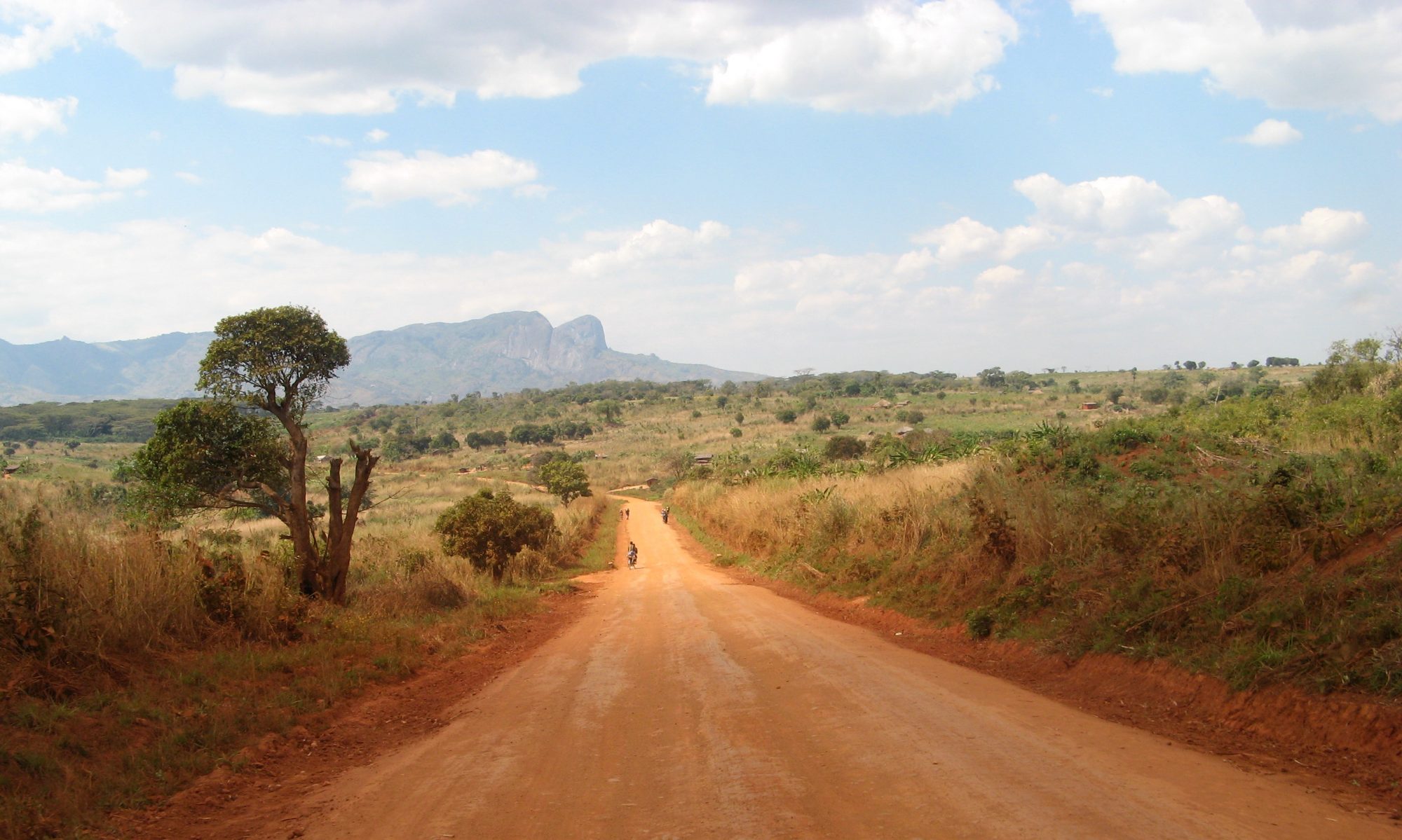Researchers from the Cultures Past & Present project and PhD students in Language, Culture and Society at the University of Zambezi, Mozambique, Armindo Armando, Augusto Alberto and Marlene Vanessa M. Jamal, are in Portugal developing a scientific exchange at the University of Minho.
The exchange is carried out within the scope of the partnership between the Zambezi University and the University of Minho, through a Cooperation Agreement between the two universities, which coordinate the Doctoral Program in Language, Culture and Society, at the Faculty of Social Sciences and Humanities (FCSH ), from UniZambeze. The researchers are attending classes for the Doctorate in Cultural Studies, at the Institute of Social Sciences, University of Minho. The exchange will last for six months.

The investigation of both have themes related to the research lines of the Cultures Past & Present project, and the researchers emphasize their contribution to training, as Armindo Armando points out: “the integration in the activities consolidates intercultural and academic relationships. I believe it is crucial for training and quality, it gives us space to receive feedback on ongoing research and from different perspectives”. Augusto Alberto adds that he hopes to have academic guidance and to enrich his thesis with experience. For Marlene, it is challenging to be in Portugal, as there are different work dynamics, at the same time as it is an opportunity to focus on the thesis, have access to the bibliography, contact with professors and researchers, “I hope to learn a lot, join the team of researchers, look at the research itself in a different way. It is an innovative experience and I hope to bring diverse knowledge to my country and gather as much information as possible.”.
In addition to the PhD classes, researchers have participated in scientific events, meetings and other activities of the research project Cultures Past & Present. They have already presented their work at the VIII Doctoral Journeys in Communication and Cultural Studies, organized by the Center for Communication and Society Studies (CECS), at the University of Minho, at the Seminar History, Media and Education: action research in Mozambique and Portugal, a joint organization of the Permanent Seminar on Research and Community and the Permanent Seminar on Communication and Diversity, of CECS, and of the VII International Congress of Cultures, organized by the International Network of Studies on Cultures and in December, Armando and Alberto will present communication at the International Colloquium Arts, Leisure and Tourism: dialogues of restlessness, at the University of Aveiro.

In his PhD in Language, Culture and Society, at the Zambezi University, Armindo Armando develops research in the field of school manuals with a thesis proposal entitled “Cultural Diversity and Challenges of National Unity in the Teaching Manuals of History of Mozambique”. Born in the city of Pemba, Cabo-Delgado Province, he has a Master’s Degree in Political Science and International Relations with a speciality in Conflict Resolution and Diplomacy by the Alberto Chipande Superior Institute of Science and Technology (ISCTAC), Degree in Philosophy Teaching with qualifications in Teaching of History by the Pedagogical University. He is a lecturer at the Faculty of Economic Sciences at ISCTAC, tutor at the Higher Institute of Science in Distance Education (ISCED) and at the Institute of Distance Education of the Catholic University of Mozambique. In addition to being part of the Cultures Past & Present project team, he is a collaborating member of the research group on Learning and Organizational Culture in Contemporary: Emancipatory Dialogical Narratives, at the Federal Rural University of Rio de Janeiro, Brazil. Armindo also had support from the Scholarship Institute and the Zambezi University.
Augusto Alberto investigates the use of cinema in teaching, within the scope of the Doctorate in Language, Culture and Society, at UniZambeze, with a thesis proposal entitled: “Cinema, Interculturality and Education- A case study of Secondary Schools in Sofala Province”. Master in Teaching Philosophy at Universidade Pedagógica – Maputo, Degree in Teaching Philosophy at Universidade Pedagógica – Beira. Augusto Alberto is a lecturer at the Licungo University – Beira Delegation, at the Faculty of Arts and Humanity, Department of Social and Philosophical Sciences, Philosophy Course.
Marlene Vanessa Marques Jamal, in the scope of her PhD in Language, Culture and Society, at UniZambeze, investigates the (in)visibility of street and street children in the city of Quelimane, with the thesis proposal: “Street social education as a paradigm shift in Mozambique: a case study of street children in the city of Quelimane. She has a Master’s Degree in Languages, Literature and Cultures, from the University of Aveiro, in Portugal, Degree in Portuguese Teaching from the Pedagogical University in Quelimane. Jamal is a lecturer at Licungo University – headquartered in Quelimane, at the Faculty of Arts and Humanities.







